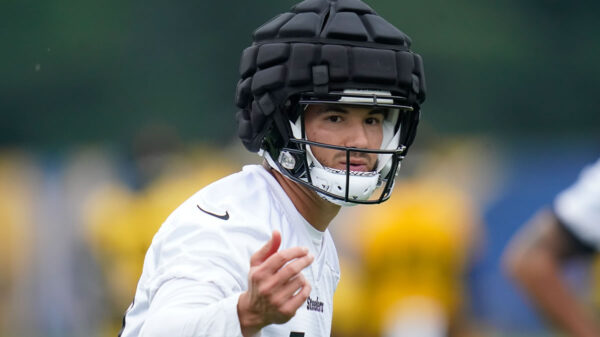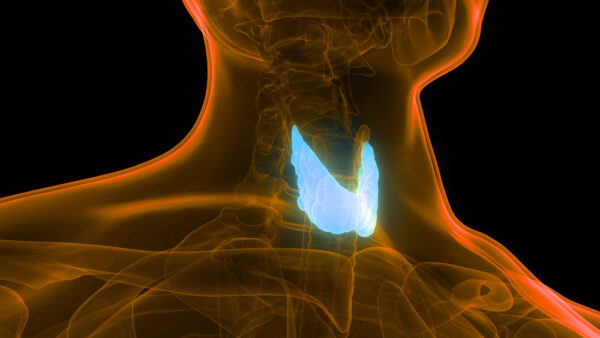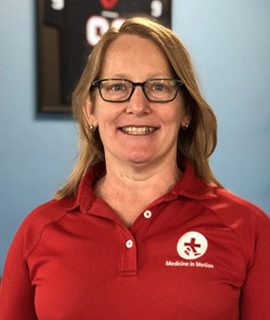Support and Treatment for Triathletes in Austin
Book Your Appointment
Unleashing Your Potential While Prioritizing Your Health
Triathletes are notorious for their relentless training schedules, which can sometimes lead to injuries lingering for months or even years. At MedInMotion, we emphasize the importance of a balanced approach to training, incorporating adequate rest, proper nutrition, and regular check-ins with healthcare professionals to ensure any potential issues are addressed promptly.
Common Triathlete Injuries, Treatments, and Prevention
Triathletes are susceptible to a range of injuries, particularly due to overuse and the demands of training in three different disciplines. Here, we address some of the most common injuries, along with expert treatments and prevention tips.
Overuse Injuries of the Shoulders and Knees
- Shoulder Impingement and Swimmer’s Shoulder:
- Symptoms: Pain and tenderness, especially when reaching the arm overhead, and decreased range of motion.
- Treatment: Rest, anti-inflammatory medications, physical therapy, and in some cases, cortisone injections or surgery.
- Prevention: Strengthening exercises for the rotator cuff and surrounding shoulder muscles, proper swimming technique, and regular rest periods to prevent overuse.
- Knee Pain and Injuries:
- Symptoms: Pain, swelling, and instability in the knee area.
- Treatment: Rest, ice, compression, elevation (RICE), physical therapy, and possibly bracing or surgery for more severe injuries.
- Prevention: Leg strengthening exercises, proper bike fitting for cyclists, and attention to running form and footwear.
Other Common Injuries
- Plantar Fasciitis:
- Symptoms: Pain at the base of the heel, especially upon standing or after prolonged sitting.
- Treatment: Stretching, soft tissue therapy, night splints, orthotics, and strengthening exercises.
- Prevention: Proper footwear, calf and foot muscle strengthening, and gradual increase in training intensity and volume.
- Achilles Tendinopathy:
- Symptoms: Pain and stiffness in the Achilles tendon, especially in the morning or after periods of rest.
- Treatment: RICE, stretching, strengthening exercises, and in some cases, physical therapy or surgery.
- Prevention: Calf strengthening, proper footwear, and avoiding sudden increases in training intensity or volume.
- Hip Labral Tears:
- Symptoms: Hip pain, stiffness, and limited range of motion.
- Treatment: Rest, anti-inflammatory medications, physical therapy, and possibly surgery.
- Prevention: Core strengthening, flexibility exercises, and proper training techniques.
Training Tips for Triathletes: Maximizing Performance, Minimizing Injury
Triathlons in Austin offer a unique and challenging experience, and proper training is key to both maximizing performance and minimizing the risk of injury. Here are some essential training tips tailored for triathletes in our dynamic athletic community:
1. Balanced Training Plan
Develop a balanced training plan that equally distributes focus and intensity across swimming, cycling, and running. Avoid overemphasizing one discipline at the expense of others, as this can lead to overuse injuries.
2. Progressive Overload
Gradually increase your training volume and intensity. This approach helps your body adapt to the stresses of training, reducing the risk of injury. Follow the 10% rule, increasing your training load by no more than 10% per week.
3. Cross-Training and Strength Training
Incorporate cross-training activities and strength training into your routine. These exercises enhance overall athleticism, improve muscle imbalances, and contribute to injury prevention. Focus on core stability, leg strength, and shoulder stability, particularly for swimming.
4. Adequate Recovery and Rest
Prioritize rest and recovery days. Triathletes often push through fatigue, but rest is crucial for muscle recovery and injury prevention. Ensure you are getting enough sleep and consider incorporating recovery techniques such as foam rolling, massage, or yoga.
5. Proper Nutrition and Hydration
Maintain a balanced diet rich in nutrients to fuel your training and aid in recovery. Stay hydrated, particularly during long training sessions, and pay attention to electrolyte balance.
6. Technique and Form
Invest time in refining your technique in all three disciplines. Proper form reduces the risk of injury and improves efficiency. Consider working with a coach or joining a triathlon group in Austin to receive feedback and guidance.
7. Listen to Your Body
Pay attention to signs of overtraining or potential injuries. If you experience persistent pain or fatigue, give your body time to recover and seek medical advice if necessary.
8. Equipment Check
Ensure your equipment is in good condition. Regularly check your bike, running shoes, and other gear for any signs of wear and tear. Properly fitted and well-maintained equipment can prevent injuries.
9. Race Simulation and Transition Practice
Simulate race conditions in your training, including transitions. Practicing transitions can help you feel more prepared on race day and reduce the risk of injury due to rushed or unfamiliar movements.
10. Mental Preparation
Triathlons are as much a mental challenge as a physical one. Develop mental resilience through visualization, goal setting, and positive self-talk. A strong mental game can help you navigate the highs and lows of training and racing.
By following these training tips, triathletes in Austin can enhance their performance, enjoy the journey, and most importantly, stay injury-free. Happy training!
Let MedMotion support your Triathlon Goals
At MedInMotion, whether you are dealing with an existing injury, looking for ways to prevent future issues, or simply seeking to optimize your performance, we are here to help.
Connect with us today and take the first step towards a healthier, more balanced triathlon experience.
What our Patients Say
Blog

Headgear, does it protect you from concussion?
Understanding Concussions A concussion is a type of traumatic brain injury caused by a blow, bump, or jolt to the head or body that shakes

When to see a doctor after an Injury
Understanding the Basics of Injury Management Injury management is a critical aspect of health and wellness, and knowing when to seek medical attention can make

What is the thyroid and why does it matter?
Introduction to the Thyroid Gland Let’s embark on a journey to understand the thyroid gland, a vital part of our endocrine system. This butterfly-shaped gland,
MedinMotion Family Doctor FAQs
We understand health needs can be unpredictable. We do our best to accommodate urgent appointments.
Absolutely. Our elderly care services are tailored to address the specific needs of senior patients, ensuring they receive optimal care.


